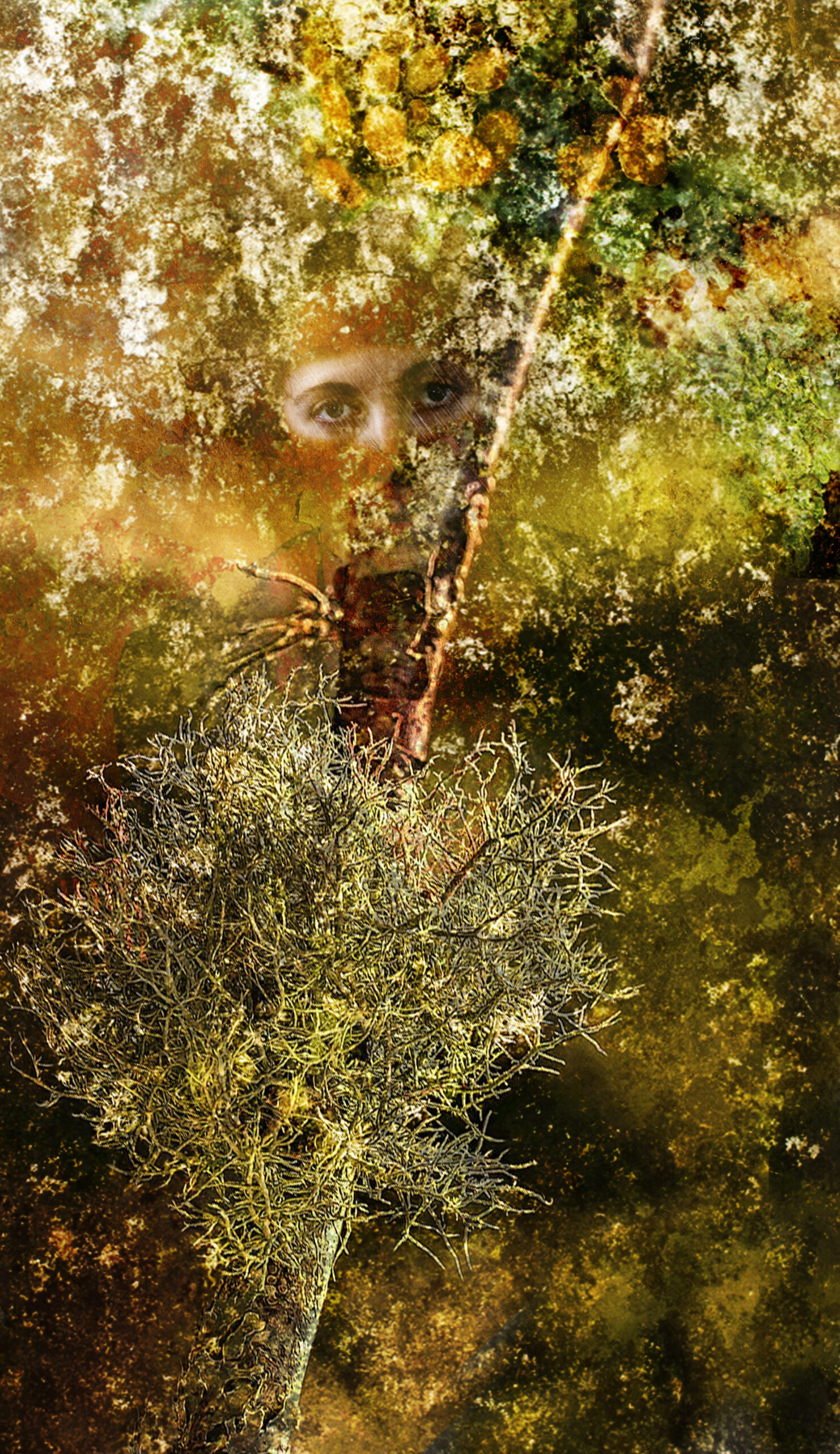I'm sorry
Synopsis
At the beginning of the 20th century, Luísa Grande was a vagabond, an upper-class woman who walked alone, after the death of her mother, the death of her father and the death of her marriage, in defiance of fascist society, between Lisbon, Portalegre and Funchal, enjoying the solitude between landscapes where she mirrored a poignant work that blurs the boundaries between interior and exteriority, often corresponding with a Joaninha who is perhaps someone other than herself. Under the pseudonym Luzia, she signed the two books on which we were inspired to create a show that is a walk, in which solitude is illuminated through plants and the body is a vegetal approach to the world.
The process of constructing this walk begins with the proposal made to the writers Judite Canha Fernandes and Isabela Figueiredo that they, also solitary women, should discuss the landscapes they walk through around 100 years after Luisa Grande, corresponding between January and May 2025, from different geographies. Why is walking so important? How do walks appear in poetry? What are the many ways we find of travelling a route, narrating the comings and goings in the long friendship between walking and thought, and showing what walking offers from a philosophical and human point of view to contemporary arts and society.
Lamento is a trail where the landscapes, the women who cross them and the times in which they do so, are juxtaposed, overlapped and distanced in a composition that oscillates between the concreteness of the treetops and the imaginary wilderness of solitude, in which Surma's voice (who performs and creates the music, based on sounds captured during her residency in the Serra de S. Mamede) maps out the sensory and imaginary places of Luzia's life. Mamede) maps out the sensory and imaginary places of Luzia's life, in dialogue with the rawness of the landscapes in the voice of Cátia Terrinca (whose spoken and intoned words are born from Ricardo Boléo's dramaturgy based on the contributions of the three writers in dialogue). Due to the reflection the project proposes on the spirit of places, the São Lourenço Secondary School (Portalegre) was invited to join us in the creation, involving students and teachers from the Portuguese, Philosophy and Physical Education subjects, in the search for possible itineraries and dramaturgies through a series of exploratory workshops (similar to what was successfully done at IRRAR in 2024), but this time inviting the educational community to enjoy the protected landscape of their municipality, making the outside more than just a space to pass between two interiors.
Technical and Artistic File
Creation - A COLLECTIVE
Texts - Luzia, Judite Canha Fernandes and Isabela Figueiredo
Dramaturgy - Ricardo Boléo
Interpretation - Cátia Terrinca
Music and Sound Design - Surma
Light Design - João P. Nunes
Costumes - Raquel Pedro
Stage Space - Bruno Caracol
Production - Luís Graça
Mediation and audiences - Rui Salabarda
Technical Support - Ivo Reis, Sara Santos and Xavier Guerreiro
Support - Directorate-General for the Arts, Municipalities of Portalegre, Avis, Elvas, Funchal and Ponte de Sor, Portalegre Arts and Entertainment Centre, Ribeira de Nisa and Carreiras Parish Councils


